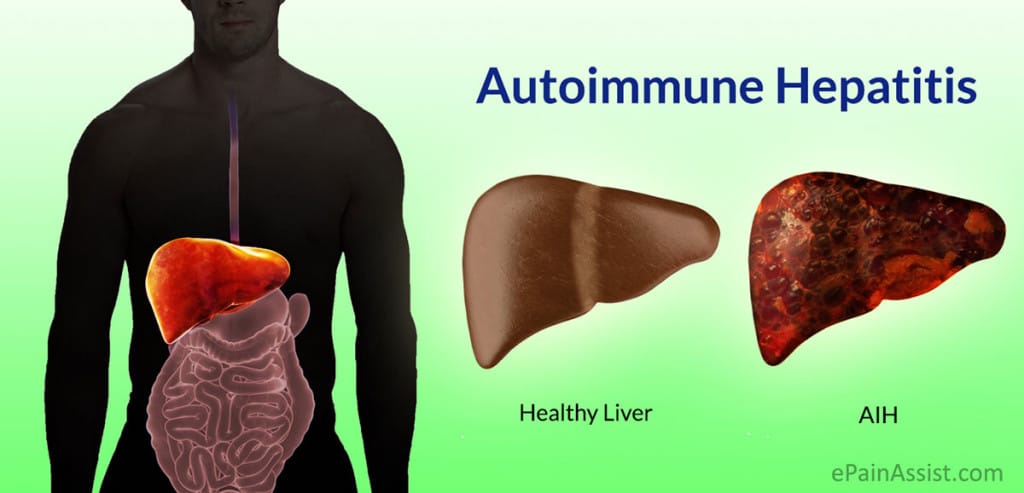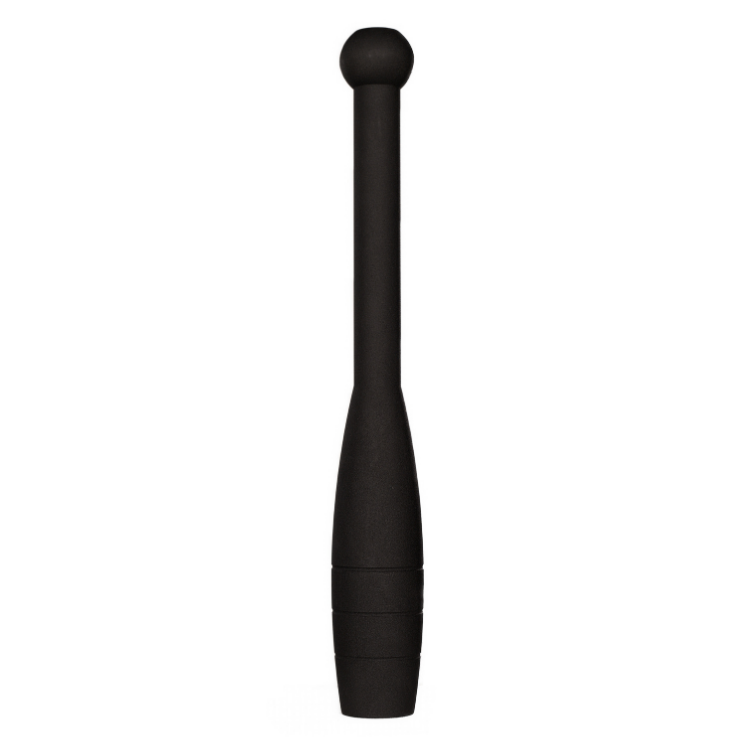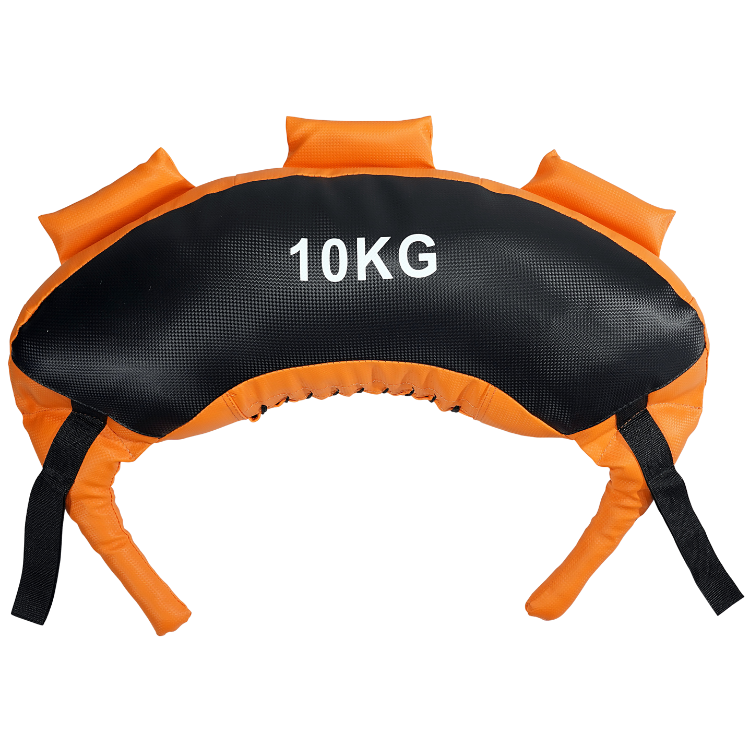Autoimmune hepatitis can be described as a disease that is characterized by liver inflammation. To break it down, it can be illustrated with its composite words. This is where autoimmune referred to the immune system of the body attacking a certain body part. Hepatitis on the other hand refers to liver inflammation which normally ranges from mild to severe. For most patients, it is normally marked by fluctuating levels of intensity with remissions and lapses.
The exact mechanism that causes the condition has not yet been identified. When it comes to symptoms, there are some patients who may not have any at all and feel perfectly healthy. It may be detected through routine blood test. Other patients may however experience symptoms such as decreased appetite, fatigue, drowsiness and pains/aches in the joints or muscles. Other patients may notice jaundice of the skin or white of the eyes as the initial symptom.
Currently, there is still no cure for the condition but there are a number of ways that it can be managed so that it does not flare up. Make sure you seek the opinion of the professional doctor who will prescribe the right medication that is used for the condition. While at it the doctor is also supposed to recommend the best autoimmune hepatitis diet as there are some studies that show that this can also help in the effective management of the disease. Ideally, you are supposed to eat a well balanced diet and also engage in exercise.
There are a number of dietary approaches that can be helpful when it comes to managing the condition that you should really consider when it comes to autoimmune hepatitis diet. For instance, Phyllis A. Balch who is a certified nutritional consultant and has authored “Prescription of Nutritional Healing” advices that artichokes, carrots and beets may be quite helpful when consumed for this health purpose. Consuming raw vegetable or fruit diet for a couple of weeks can also benefit the patient.
While thinking about the autoimmune hepatitis diet, it is also important to note that there are a number of foods that need to be avoided to be on the safe side. Some of the most important foods, substances or beverages to reduce or even avoid altogether include things such as sugar, cigarettes, alcohol, refined& processed foods, shellfish, raw fish, food additives and chemicals. It is also advised that you get rid of any foods that contain gluten in the autoimmune hepatitis diet such as oats, barley, rye and wheat. Dairy products and artificial sweeteners are also highly frowned upon thus you should steer clear from them.
It may also help to cultivate a habit of drinking raw juices that are made from ingredients such as parsley, ginger, basil, mint, citrus (grapefruit, lemon, lime, orange), cabbage, carrot, kale and apple. Make sure you get fresh ingredients and make the juice using juice extracting machine to make certain you get the most out of them. Remember to keep fit as obesity can result in fat deposits on the precious liver increasing surgical risk with transplantation.






